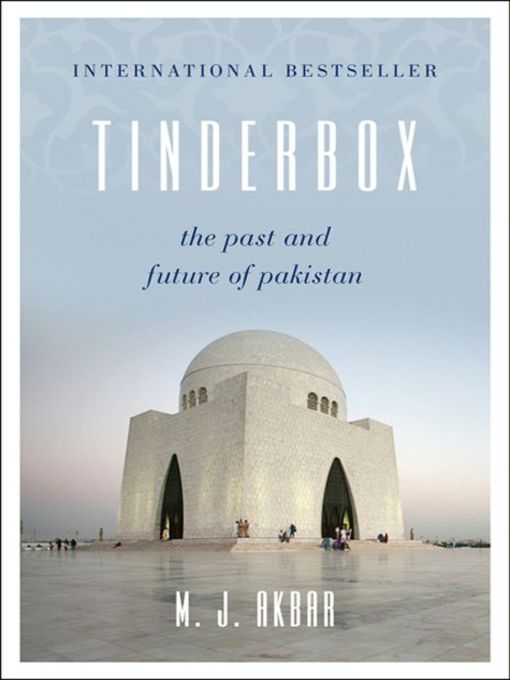"Among many recent books on Pakistan, Mr. Akbar's stands out....A fine and detailed history of Indian Muslim anger and insecurity."
—The Economist
In Tinderbox, India's leading journalist delivers a fascinating narrative history of Pakistan, chronicling the conflict between Muslim and Hindu cultures in South Asia and describing the role that their relationship has played in defining both the country and the region. Editorial director of India Today and editor of the Sunday Guardian, M. J. Akbar gives readers an unprecedented look at Pakistan past and present. Panoramic in scope but specific in detail, with rich portraits of the central figures and events that have defined the nation's history, Ackbar's Tinderbox tells the Pakistanian story from the Middle Ages to the present, puts the Taliban and its place within modern Islam into a meaningful context, and diagnoses where the country is headed in the 21st century.



